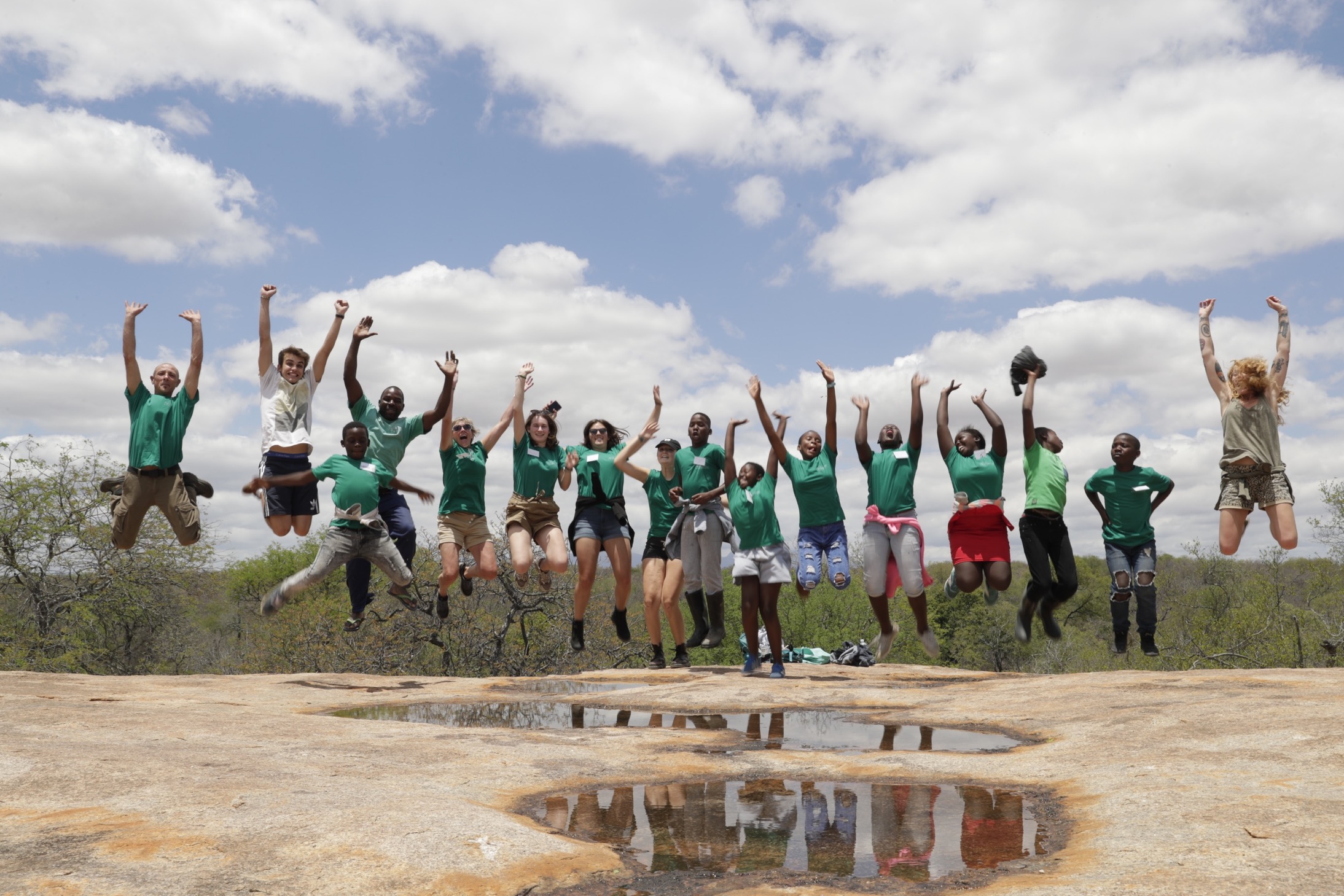How to prepare for wildlife volunteering: your complete guide
Planning to volunteer with wildlife? Here’s how to get ready, so you can make the most of your experience!
Volunteering with wildlife is an incredible opportunity — one that combines adventure, meaningful contribution, and personal growth. At DAKTARI Bush School & Wildlife Orphanage, we see every year how volunteers come ready and leave transformed. But the preparation starts long before you arrive. In this guide, we will walk you through how to prepare for wildlife volunteering so you feel confident, comfortable, and prepared for the journey ahead.
1. Choose the right program – research & select wisely
Before you pack your bags, it’s vital to choose a programme that aligns with your values and expectations.
-
Look for wildlife volunteer programmes that prioritise animal welfare, not just tourism or “photo with wildlife” experiences.
-
Ensure the organisation is transparent about how volunteers will contribute, what daily tasks you’ll do, and the real impact of the work.
-
At DAKTARI, volunteers join hands‑on work with animals and environmental education. Understanding the mission helps you mentally prepare.
2. Get yourself mentally and physically ready
Working with wildlife often means being out in nature, dealing with unpredictability, and showing resilience.
-
Physical readiness matters: you may walk over varied terrain, get your hands dirty, carry feed or equipment. As one guide notes: “Physical and mental preparation is paramount.”
-
Mentally: expect flexibility, patience, and a willingness to adapt. Wildlife doesn’t follow a schedule, and things can change on the fly.
-
Embrace the mindset of learning and humility. You’ll be part of a team, working alongside staff, locals and other volunteers—being open to instruction goes a long way.
3. Practical steps before you go
Now the nuts and bolts. Use this checklist to make sure you are truly ready.
-
Health & safety: Make sure your vaccinations are up to date (for example, tetanus, rabies if required), travel insurance is organised, and you’ve checked region‑specific health advice.
-
Documents: Passport (valid for at least 6 months), visa/entry requirements for South Africa or your destination, and copies of important documents.
-
Budget & logistics: Consider travel costs, programme fees, equipment, and unexpected extras. Even if you’re excited, having a buffer can ease stress.
-
Know the region & culture: Take time to learn about the local community, traditions, and the wildlife you’ll be working with. A little knowledge goes a long way.
4. Pack smart for wildlife volunteering
What you bring can make a huge difference in your comfort and effectiveness. Here are key items:
-
Neutral, breathable clothing (long sleeves, fulllength pants) to protect from sun & insects.
-
Closed, sturdy shoes for field work; consider boots if required.
-
Sun protection: hat, sunglasses, eco‑friendly sunscreen.
-
Insect repellent, perhaps a mosquito net if needed.
-
Headlamp or flashlight for early/late work.
-
Reusable water bottle, dry bag for electronics, small notebook for observations.
DAKTARI’s own list emphasises these items as essential for wildlife volunteers.
5. Understand your role & respect wildlife ethics
Volunteering with wildlife isn’t just fun—it comes with responsibility.
-
Make sure you understand your role: what tasks you’ll be doing, and the rules around animal interaction. Many sanctuaries emphasise that volunteers must follow established protocols to safeguard welfare.
-
Ethical considerations: avoid programmes that promote direct contact with wild animals for entertainment. Prioritise conservation, habitat restoration, and animal welfare.
-
Respect the wildlife and environment: be quiet when needed, follow directions, and understand the animals’ needs rather than your own “experience”.
6. Make the most of your experience
Once you’ve arrived and settled in, there’s more you can do to maximise your time.
-
Be curious: ask questions, engage with staff and mentors, take notes.
-
Embrace the team spirit: volunteer work often involves group efforts, so being cooperative and friendly adds to your and others’ enjoyment.
-
Reflect on what you’re doing: keep a journal of insights, challenges, and triumphs. These reflections will deepen your experience.
-
Connect with the local community: conservation is not just about animals, but about people and place. Building relationships adds meaning.
7. After the trip: continue the impact
Your time at DAKTARI or any wildlife volunteer programme doesn’t end when you leave the site.
-
Share your story—talk about your experience, post responsibly on social media, and encourage others.
-
Consider staying connected: many organisations welcome alumni volunteers, remote support, or advocacy.
-
Apply what you’ve learned in your everyday life: conservation mindset, sustainable habits, respect for wilderness.
Preparing for wildlife volunteering means more than booking a trip—it means equipping yourself with knowledge, the right mindset, practical tools, and a genuine intention to contribute. At DAKTARI Bush School & Wildlife Orphanage, we believe that every volunteer who comes prepared amplifies the positive impact we can have on wildlife, habitat, and future generations.
Start planning now. Get inspired, get ready, and come join us for an unforgettable wildlife volunteering experience where you’ll not only help animals—you’ll transform your own outlook too.
See you in the bush. 🐾


Leave A Comment